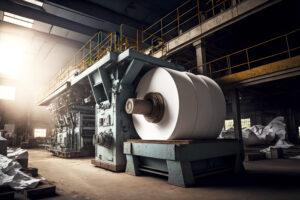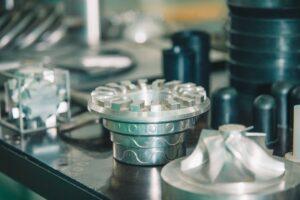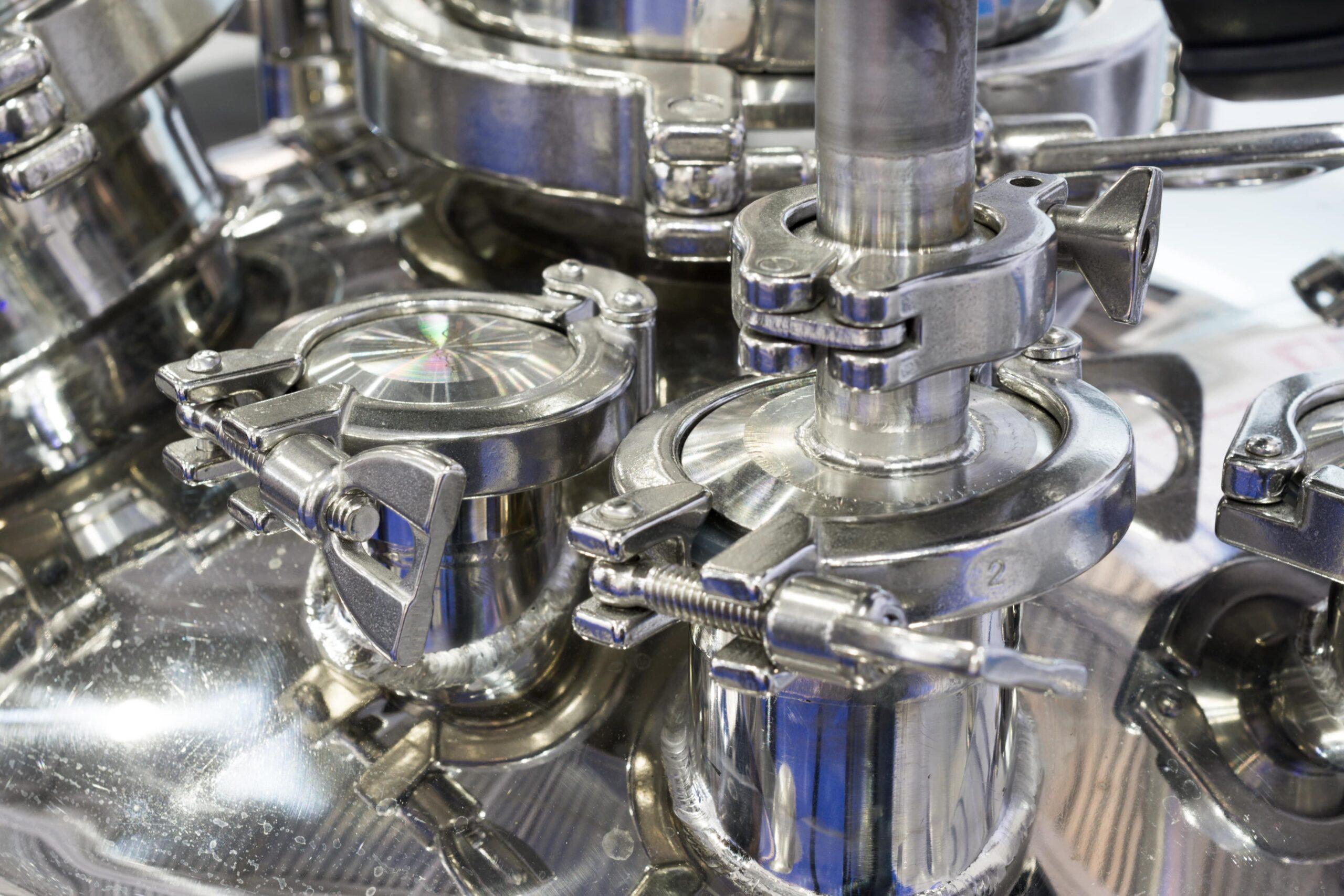
Success is about being ahead of your competitor; in today’s fast pace in the field of manufacturing, this means enhancing efficiency and productivity continuously. The best way to try and achieve this is investment in process equipment, very important in modern process equipment. It helps streamline operations to reduce waste, hence vital in ensuring smooth, safe, cost-effective operations. Be it manufacturing chemicals, food, or machinery, the right equipment makes all the difference in consistent quality, minimum downtime, and enhanced overall output. But how does manufacturing process equipment actually do its magic?
In this article, we will explain how the right tools can revolutionize your manufacturing process and improve operational performance to guarantee success in the long run. Ready to take your operations to the next level? Let’s explore how process equipment can make several improvements in manufacturing.
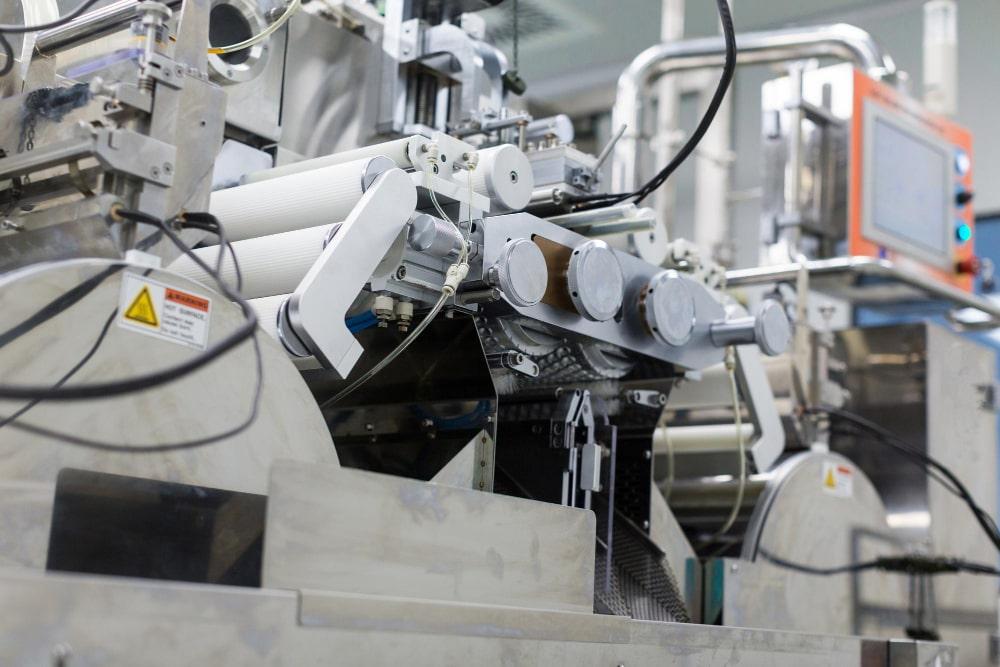
What is Process Equipment?
The various machines and instruments used for special purposes in a manufacturing production setup define industrial process equipment. These workpieces are useful in offering automation, smoothness, and perfection to a number of sequential phases of manufacturing to ascertain all factors like consistency, safety, and quality. However, whether the operation concerned pertains to the mixing and cooling or heating of materials for forwarding, process equipment is necessary to have the right workflow.
Common examples of equipment manufacturing include the following:
- Mixers can be used in the mixing of ingredients or materials to achieve a consistent mixture in industries such as food and pharmaceuticals.
- Conveyors are used in moving materials through successive stages of production. Conveyor belts reduce manual labor and increase the speed of production.
- Pumps are used in moving liquids or gases in processes such as chemical manufacturing, water treatment, and oil refining.
- Heat exchangers are essential for transferring heat between fluids, used in industries like food processing and petrochemical refining.
Process equipment helps to boost productivity while minimizing human error by automating repetitive tasks and enhancing the precision of operations. The use of process equipment and controls can be quite fundamental to higher efficiency and high-quality products within such industries as food and beverages, pharmaceuticals, chemicals, and even the manufacture of automobiles. No matter whether your operation involves a factory, warehouse, or production line, having the right equipment in place will go a long way toward enhanced performance.
Types of Process Equipment
Process equipment solutions can be categorized in several types, each performing in a different function within the manufacturing process. Some categories include pumps, electric motors, gear reducers, controls, couplings, seals, mixers, and compressors, among others. Each type has its contribution to smooth, efficient, and safe production. In that regard,
1. Pumps
Pumps are utilized to transfer liquids, gases, or slurries from one point to another. In manufacturing, pumps serve a critical function in the transfer of materials through pipelines, filling containers, or circulating fluids in systems. For example, in food processing industries, positive displacement pumps are normally utilized to move viscous liquids such as sauces, while centrifugal pumps are applied in most chemical plants for liquid transportation at high pressure.
2. Electric Motors
Electric motors power machinery and equipment of several kinds. They convert electrical energy into mechanical energy to provide power for machinery such as conveyors, mixers, and pumps. In automotive, AC motors drive the assembly lines, while DC motors are widely used in robotics due to their precision in movement.
3. Gear Reducers
Gear reducers, also commonly known as gearboxes, are mechanical devices employed to reduce the motor speed in order to provide the right amount of torque needed for certain applications. Common applications can be seen within industries such as mining, which utilize large gear reducers in operating crushers and mills at lower speeds with high torque.
4. Controls
Process controls are systems governing the operation of machinery and equipment. Automated control systems, for example, are very important in regulating temperature, pressure, flow rates, among other variables in process equipment and modular systems such as chemical reactions or the sterilization of food. Programmable Logic Controllers or PLCs are widely used in factories to control the operation of pumps, motors, and mixers.
5. Couplings
Couplings are mechanical devices that connect two shafts for power transmission from one machine to another. They play a vital role in the continuity of systems where misalignment or vibration may cause failure to equipment. In most cases, flexible couplings are used in pumps and compressors to absorb most of the shocks and reduce wear and tear on these machines.
6. Seals
Seals prevent leakage of fluids or gases in machinery for safety and efficiency. In industries related to oil and gas, dynamic seals are used in pumps and compressors to avoid the escape of liquids at high pressure. Static seals are common in tanks and pipes, where they prevent leaks in stationary equipment.
7. Mixers
Mixers are used for the blending of ingredients or raw materials to achieve uniformity in the mix, whether liquid, powder, or paste. In food applications, batch mixers prepare dough for bread production; high-shear mixers prepare emulsions and suspensions with very controlled consistency in pharmaceutical applications.
8. Compressors
Compressors are devices that raise the pressure of gases; their major industrial applications include refrigeration, air conditioning, and the manufacture of various chemicals. Reciprocating compressors are very common in vapor compression refrigeration systems, while screw compressors are widely used in industry for providing compressed air to tools and equipment.
By understanding the different types of process equipment and their individual uses, manufacturers can be certain they select the proper tool for the job, thus maximizing performance while minimizing downtime. It is in how these different types of equipment are effectively integrated that holds the key to increased productivity, reduced costs, and consistent quality during manufacture.
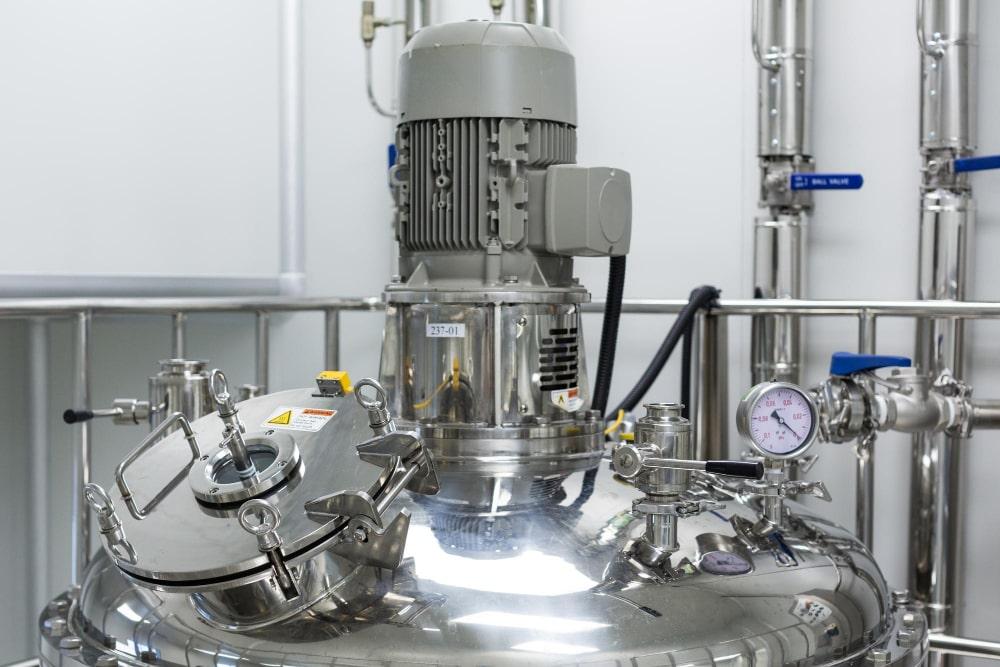
Find the Best Process Equipment at AMED-US
In process equipment and supply, there’s little room for errors. Picking the right equipment isn’t about just completing a task but is all about operational efficiency, safety, and reliability in the long run. Selecting equipment from a reputable and well-established manufacturer like AMED-US can play an important role in reaching those objectives.
Why Quality Matters
Top-of-the-line manufacturers design equipment for durability, precision, and performance. High-quality plastic process equipment is made to handle daily operations, reduce the likelihood of breakdowns, and extend the life of your machinery. This can dramatically reduce the costs associated with maintenance, repairs, and unplanned downtime that can affect production schedules and profitability negatively.
Trust and Support
Your commitment does not just stop with getting the best equipment but equally opens a door for all customer support, warranties, and after-sales service possibilities you receive from good brands. These top-of-the-line manufactures provide wide-ranging programs involving maintenance, troubleshooting, operational safety, and efficient tips when it comes to operating particular products. It is ongoing; thus, you will stand prepared against any problem emerging in the future. Helping at various junctures of difficulties apart, smooth operations would occur without disturbances.
Industry-Optimized Know-how
With years of experience, trusted manufacturers often bring an in-depth knowledge of specific needs in your industry, be it food processing, chemical manufacturing, manufacturing machinery, or even pharmaceuticals. These companies have designed and tested equipment to meet the highest standards of your sector. Further, they are aware of the constantly changing landscape of regulations, environmental concerns, and technological improvements to make sure their equipment is not only up to date but state-of-the-art as well.
Top Brands to Consider
When choosing process equipment, it is of the essence to consider top brands that are renowned for excellence in manufacturing and service. Companies like Siemens, Emerson, Schneider Electric, and GE provide high-quality pumps, electric motors, controls, and other essential equipment across various industries. These brands offer reliable, well-tested solutions that are built to last, thus making them safe investments for your business.
The selection of process equipment directly affects your operations. With the help of reputable manufacturers, you will be assured that you invest in reliable, efficient, and long-lasting equipment that will stand the test of time to help you achieve your business objectives. Whether it is pumps, mixers, or compressors, always go for equipment from trusted brands that believe in quality, innovation, and customer support. This wise decision can lead to smoother operations, increased productivity, and a more robust bottom line.






